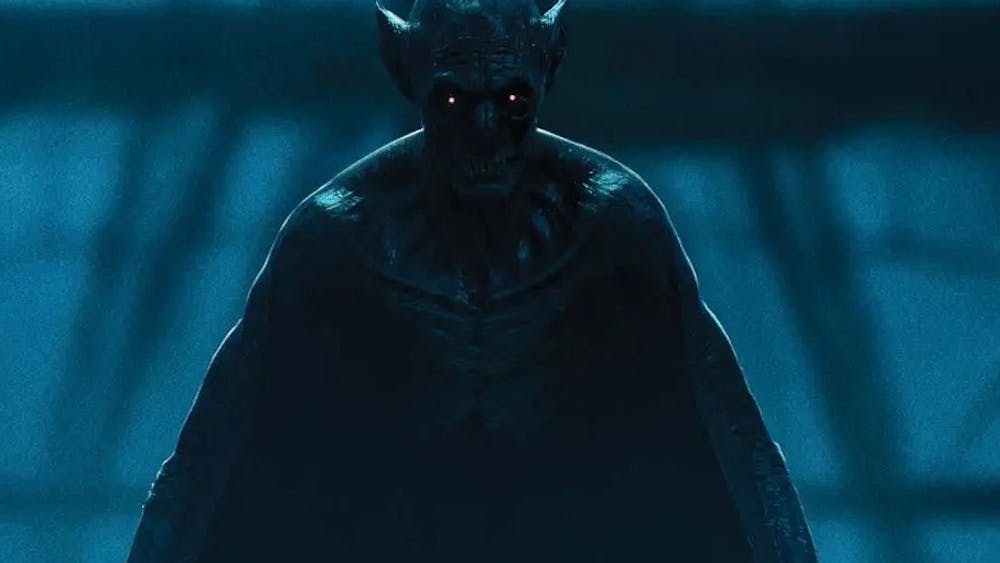It's a world of clock watchers, bureaucrats, office holders -- what it is, it's a screwed up world... there's no adventure to it. Dying breed. Yes it is. We are the members of a dying breed. That's why we have to stick together.\n -- Ricky Roma, Glengarry Glen Ross\nHow far can desperation drive us?\nThat's the question raised by David Mamet's Pulitzer Prize-winning black comedy "Glengarry Glen Ross," which is being put on as part of the Waldron Theater Series. \nIt concerns a two-bit, cutthroat real estate salesman pushing plots of land on reluctant buyers in a scramble for their fair share of the American dream. Set during the recession of the early 1980s, the hard-up characters have to cajole, connive and plead for a piece of the action.\nThe play begins with Shelly Levine making his case to John Williamson, the shill office manager who follows the orders of the firm's owners to the letter. Levine is old school, having been in subdivision sales for years. He can no longer close sales the way he once did, which means he's no longer given premium sales leads. Williamson stands firm on company policy, shrugging off Levine's copious verbal abuse.\nIt then cuts to a scene at a bar, in which Dave Moss is having a drink with the office wimp, George Aarnow. In need of money, Moss has hatched a scheme to break into the office and sell the leads to Joey Graf, who runs a real estate firm down the street.\nGiven Mamet's verbal finesse, it's no coincidence that his name often comes off the lips as "graft." At any rate, Aarnow won't bite, but Moss convinces him to keep his mouth shut. Off-stage, Moss later enlists the disgruntled Levine.\nAmong the company's salesman, the only one not down in the mouth is the Richard Roma, a slick hotshot whose lead in the monthly sales contest will mean a new Cadillac. He's not resented by his colleagues, he closes his deals and he's earned their begrudging respect.\nThe second act deals with the aftermath of the robbery, which was pulled off that night. While the police are investigating the robbery as an inside job, one of Levine's customers enters the office asking to back out of a contract. Only experienced in the bureaucratic side of things, Williamson ruins Levine's sale by telling the customer his check has already been cashed. The salesmen proceed to tear into the hapless manager, and a slip of the tongue brings the truth to light.\nIn one of the most masterfully acted scenes of the plays, Levine tries to talk Williamson out of going to the police with it. His salesman instincts kick in and take over, and he attempts to present the entire incident as an opportunity for growth.\nAn old hand in local theater, Jim Hettmer gave an exquisite performance as Levine. The character's motivations aren't drawn out as much in the play as in Mamet's screenplay, but Hettmer weary eyes and slumped back say it all.\nWith the finely honed dialogue, a Mamet play is tricky to direct. But Jeff Skora pulled it off, not overextending by always trying to ground Mamet's lyrical flights in interaction. \nMamet strives for authenticity in dialogue, including all manner of interjections and repetition of phrase. In the very impressive opening scene, Levine excitedly tells Williamson not to interrupt him again and again, though he remains entirely stolid. Levine's desperation is thereby magnified tenfold. It's just one example of how the production cuts to the heart of the play.
Mamet play explores cutthroat world
Get stories like this in your inbox
Subscribe





